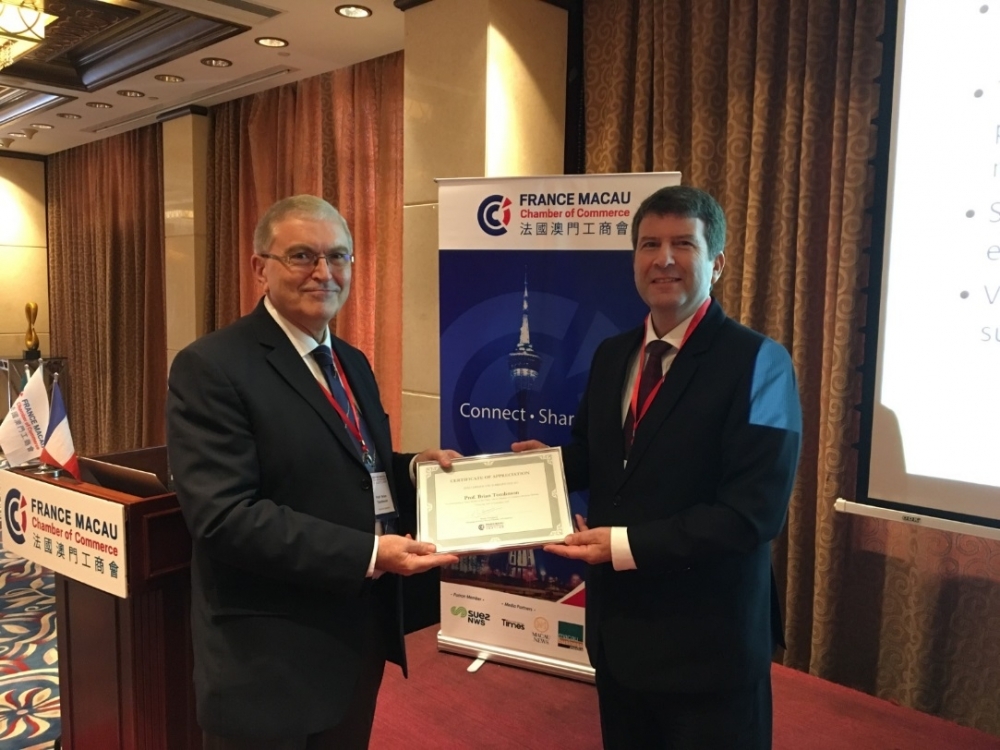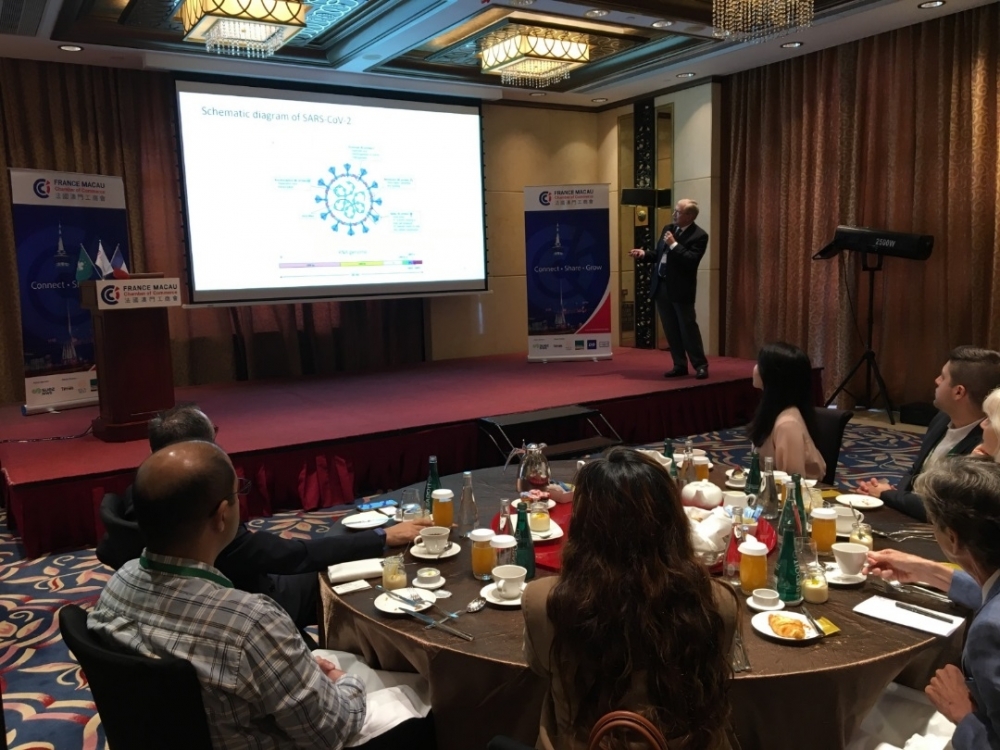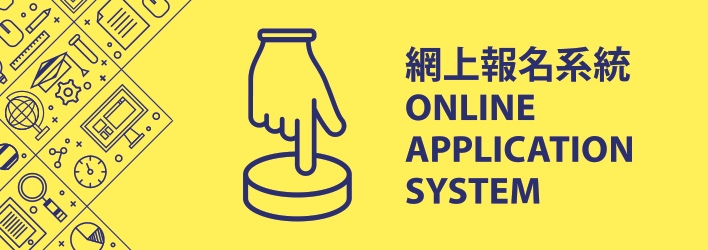Professor Brian Tomlinson at the Faculty of Medicine, Macau University of Science and Technology was invited by the France Macau Chamber of Commerce (FMCC) to be the keynote speaker in the breakfast meeting on 30 September in Sofitel Macau at Ponte 16, which focused on the topic of “COVID-19 Vaccines: Clearing Conspiracies and Controversies”.

Professor Brian Tomlinson (left) was invited by the France Macau Chamber of Commerce to be the keynote speaker in the breakfast meeting

The COVID-19 pandemic has generated many areas of controversy. The origin of the virus has been disputed but current evidence indicates that it originated in bats with an intermediate animal host, which may have been pangolins. Diagnosing the infection has proven problematic in some places with some virus tests appearing unreliable and there are uncertainties about how such testing should be implemented. The University Hospital at MUST has adapted a very sensitive and specific test for the SARS-CoV-2 virus that provides a rapid result. Researchers at MUST, in collaboration with centres in China, have developed an artificial intelligence system based on lung computed tomography images that can help to provide a rapid diagnosis and accurate clinical prognosis once symptoms have developed.
Effective public health measures are essential to reduce the spread of infection. These are hampered by the spreading of the virus before symptoms develop and by a considerable number of asymptomatic people including children being able to transmit the virus. The severity of COVID-19 has been underestimated in many places and the approach of herd immunity has been adopted in some countries. This would be effective in the long run but at the expense of considerable mortality in older people and overwhelming the health services. Mortality rates of 2 to 3% have been seen in general populations and these rates are much higher in very elderly people.
Angiotensin-converting enzyme 2 is recognized as the receptor needed for the virus to enter cells and this has served as a target for therapeutic interventions and for development of vaccines which target the receptor binding domain (RBD) of the virus spike protein. Many treatments have been tested and some including remdesivir and dexamethasone have shown beneficial effects. Statins and vitamin D appear to have protective effects in observational studies. Numerous vaccines are at various stages of development including a recombinant vaccine containing part of the RBD that researchers from MUST are collaborating with.





